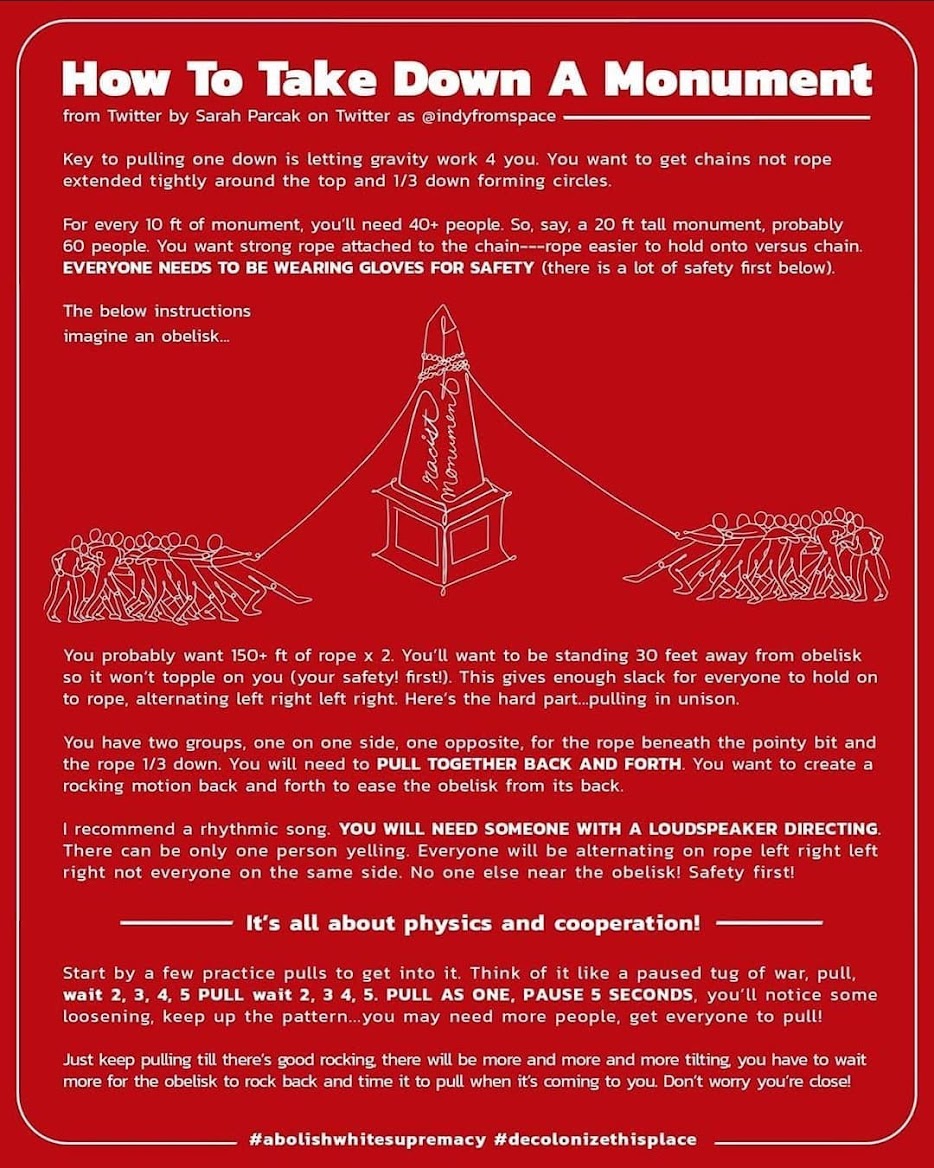The following article comes straight from the ASU Sandra Day O'Connor College of Law News at ASU...
Thank you Camille Tilley for the tip, and thank you ASU and Professor Hessick for this extremely intelligent report (I'd like to study with you if I ever make it to law school).
----------------------------------
Public Policy Incubator Program releases report: ‘Sentencing in Arizona’
12/14/2010
| Carissa Byrne Hessick |
The report proposes several changes, including increasing pretrial diversion programs, expanding mandatory probation for drug possession, requiring drug treatment programs to use practices proven to reduce repeat offenses, establishing a statewide system of mental health courts with specialized public defenders to deal with mentally ill defendants, and encouraging plea bargaining. It also suggests creation of a Sentencing Commission to collect data, study successful sentencing reform in other states and suggest further changes to the Legislature.
“Adopting these proposals will not only reduce the costs of incarceration,” the report states. “In reducing recidivism, they will also reduce the other costs associated with crime, such as the costs of court, law enforcement, and the damage suffered by crime victims.”
Read the report here.
The report was prepared by Carissa Byrne Hessick, Associate Professor of Law, and six College of Law students: Chaz Ball, Matthew Binford, Kevin Brady, Adam Reich, Jason David Swenson, Henry Edward Whitmer.
“While working on this project, our students discovered that, although many states have spent years developing programs designed to reduce the costs of imprisonment and the occurrence of crime, Arizona is essentially in a political deadlock that has stymied multiple efforts at sentencing reform,” Hessick said. “In contrast, Texas, for example, engaged in serious reform beginning in 2005, which not only allowed the state to avoid building new prisons, but also reduced its crime rates.”
The Public Policy Incubator Program is a new initiative by the College of Law in which students and faculty work with not-for-profits, governments, and the private sector, on major local, regional, national, and international public policy problems.
“Part of the obligation of a public law school is to engage in useful, practical research on the key challenges facing our region and our world,” said Dean Paul Schiff Berman. “Already students from the College of Law are working on such challenges in many settings and with many collaborators. This work both contributes to the world and trains future lawyers in how to engage with public policy issues.”
The Incubator Program chose to research the issue of sentencing reform because the Arizona Legislature is working on the issue. The report was cited by Cecil Ash, R-Mesa, chairman of the House Study Committee on Sentencing at a hearing today (Dec. 14).
“Because the state legislature was also considering the topic of sentencing reform, it seemed like a good problem to ask our students to tackle,” Hessick said. “Arizona State University graduates a significant number of students who go on to work in the criminal justice system. The Public Policy Incubator Program allowed those students to spend a semester researching the system they are about to become a part of, to identify some of the system’s shortcomings, and to propose some serious practical reforms.”
Statistics cited in the report note that, over the past 30 years, while Arizona’ population increased by 150 percent, the state’s prison population grew by more than 1,000 percent, and is projected to continue to increase. In 1979, less than 5 percent of the state’s general fund expenditures went to the Department of Corrections, but in 2011, that figure will be more than 11 percent, or $949 million. New prison facilities will cost an additional $975 million.
The report also notes that, while prisons are very expensive, they are not very effective, and Arizona has one of the highest rates of serious crime in the country.









No comments:
Post a Comment